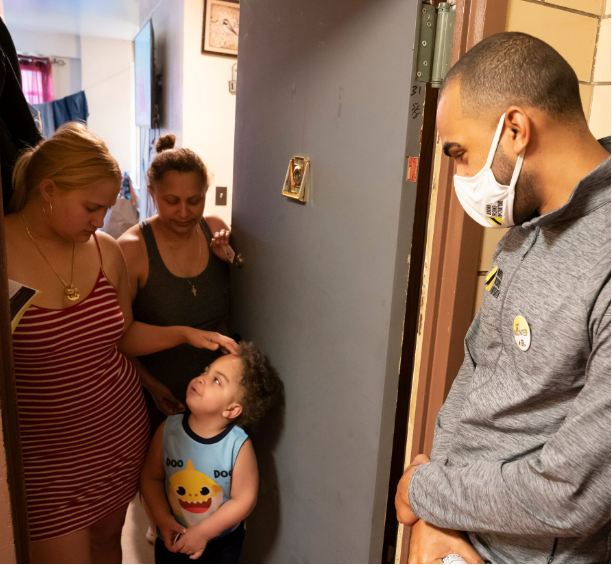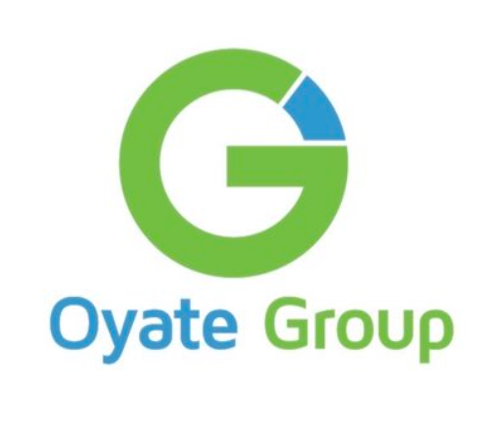
They’re Reluctant to Get Vaccinated. Will a Knock on the Door Help?
THE NEW YORK TIMES
New York City is taking proactive measures to combat vaccine skepticism and increase vaccination rates through door-to-door outreach efforts. Specifically targeting Black and Hispanic communities, community organizers like Tomas Ramos of the Bronx Rising Initiative are going door-to-door in public housing projects to sign people up for vaccinations. The city has also enlisted the help of companies to conduct door-to-door outreach and engage in conversations about the vaccine on street corners, primarily in neighborhoods with larger Black and Hispanic populations. However, skepticism regarding the vaccine’s safety and efficacy remains prevalent, driven by concerns over rushed development and historical medical mistreatment of Black Americans. The city is countering misinformation through community events, advertisements, and online monitoring, while also emphasizing the importance of trusted individuals and open discussions to address concerns and encourage vaccination. These efforts aim to alleviate skepticism and increase vaccine uptake among marginalized communities.
Despite the successes of New York City’s vaccination campaign, disparities in vaccination rates persist, with Black and Hispanic adults being vaccinated at lower rates compared to other groups. Access to healthcare and vaccine distribution play a role in these disparities, but vaccine hesitancy and skepticism are also contributing factors. Skepticism stems from concerns about the vaccine’s safety, potential side effects, and a lack of trust in the government due to historical mistreatment. To address these issues, the city is implementing individual outreach strategies, including door-to-door visits, to engage with unvaccinated residents and provide information about the vaccines. By addressing concerns, countering misinformation, and fostering trust through personalized conversations, the city aims to increase vaccination rates and reduce disparities in marginalized communities.
Recent Articles
Najhim Luke Gets 25 Years for Fatally Shooting Rising Basketball Star Brandon Hendricks in Crossfire
Norwood News The article discusses the tragic shooting of Brandon Hendricks, a 17-year-old rising basketball star and academic standout from The Bronx, who was fatally ...
OPINION: The migrant crisis is not unsolvable
NYNMEDIA The term "migrant crisis" has been politicized in the United States, casting individuals and families fleeing adversity as nuisances rather than recognizing them ...
2024 Brandon Hendricks Scholarship | OPEN
https://www.youtube.com/watch?v=fsDWl3iDihk BronxNet OPEN Host Daren Jaime sits down with the Oyate Group’s Program Coordinator, Alexander Reyes, and Project Manager, ...


